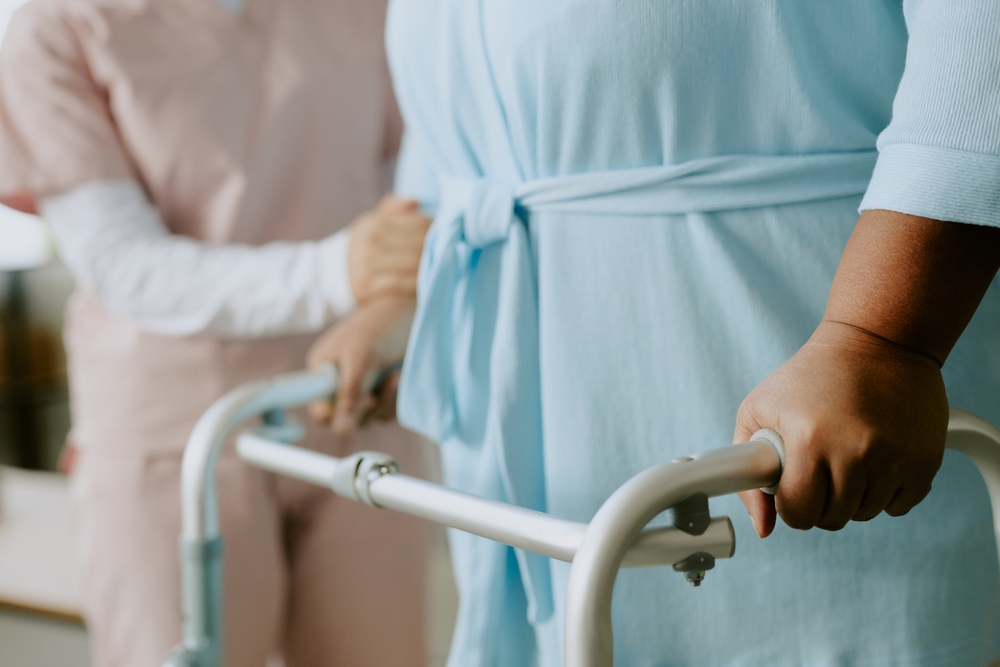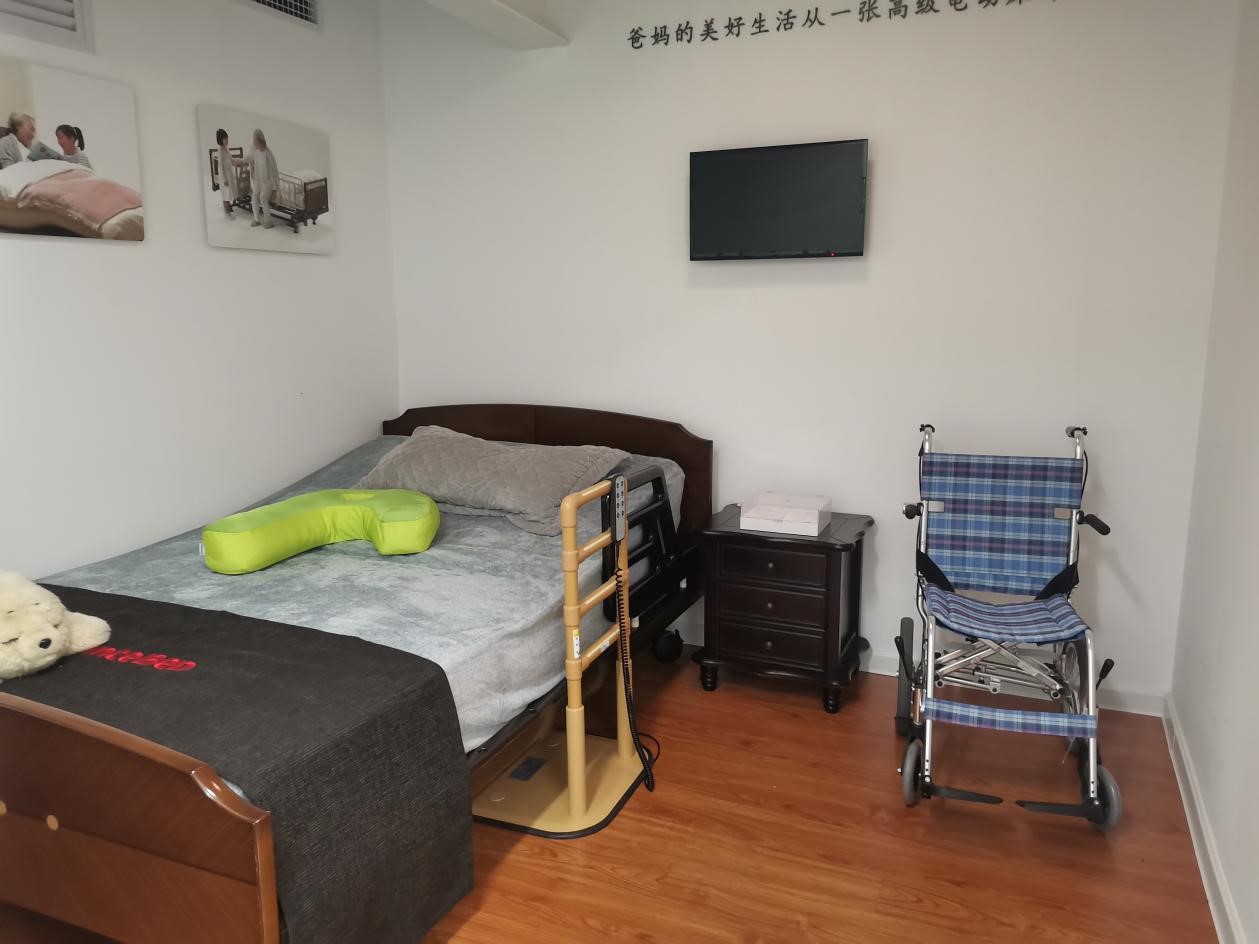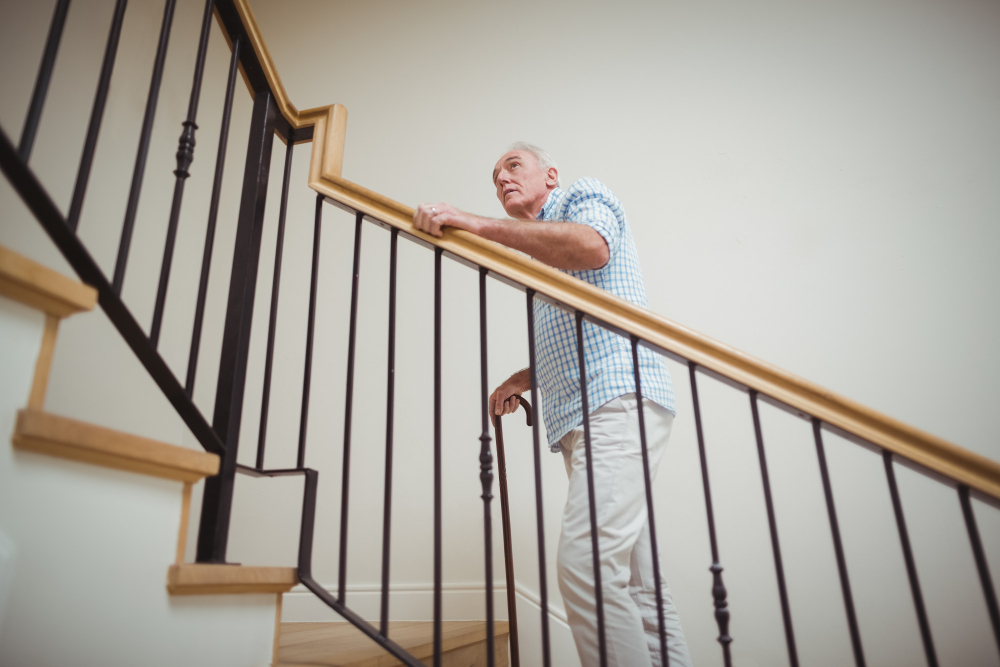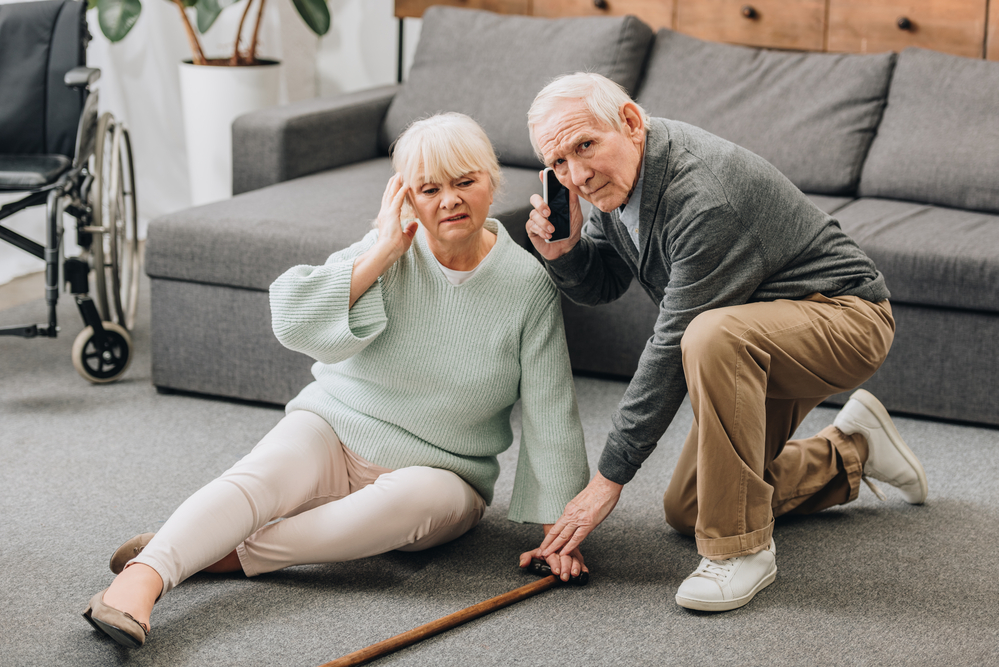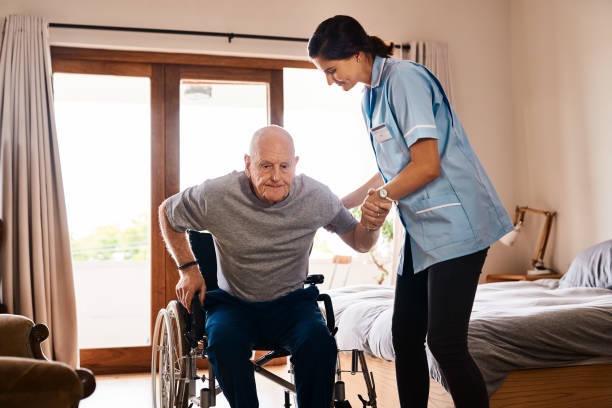Ensuring seasonal home safety for seniors is a crucial aspect of caregiving that should not be overlooked. As the seasons change, so do the hazards and challenges that can affect the well-being of our elderly loved ones. Whether it’s the icy conditions of winter or the sweltering heat of summer, each season brings unique risks that require careful planning and attention. For family caregivers, understanding these risks and implementing effective safety measures can greatly enhance the quality of life for seniors.
In this comprehensive guide, we will explore various strategies to maintain a safe and comfortable home environment for seniors throughout the year. By addressing potential hazards and taking proactive measures, caregivers can ensure that their loved ones are protected and secure in every season.
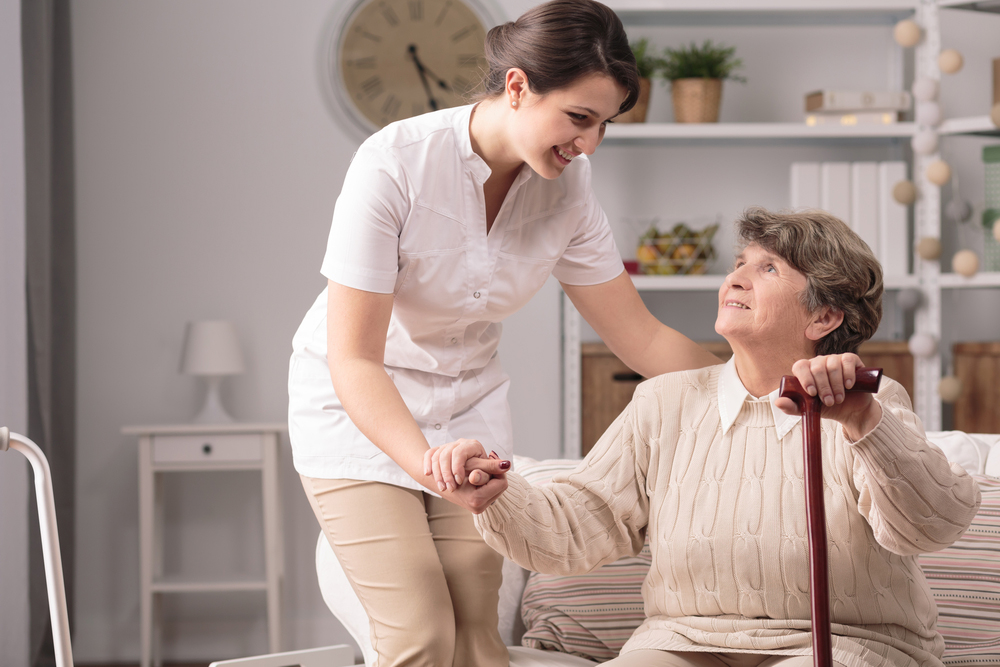
Understanding the Importance of Seasonal Safety
Before diving into specific seasonal tips, it’s essential to understand why seasonal home safety for seniors is vital. As we age, our bodies become more vulnerable to extreme weather conditions and environmental hazards. Seniors may have reduced mobility, impaired vision, and other health issues that make them more susceptible to accidents and injuries. Therefore, it’s crucial to adapt their living spaces to accommodate these changes and prevent potential risks.
Assessing the Home Environment
The first step in ensuring seasonal home safety for seniors is to conduct a thorough assessment of their living environment. Look for potential hazards such as loose rugs, cluttered walkways, and inadequate lighting. Consider the specific needs and limitations of the senior individual and make necessary modifications to enhance safety. For instance, installing grab bars in bathrooms, securing electrical cords, and ensuring easy access to emergency contacts can significantly reduce the risk of accidents.
Winter Safety Tips for Seniors
Winter brings cold temperatures, icy sidewalks, and increased risks of falls and illnesses. To ensure the safety and well-being of seniors during this season, consider the following tips:
1. Preventing Falls and Slips
The icy conditions of winter can be hazardous for seniors, increasing the risk of slips and falls. To mitigate this risk, ensure that pathways and driveways are cleared of snow and ice. Use salt or sand to improve traction and install handrails for added support. Additionally, encourage seniors to wear appropriate footwear with non-slip soles.
2. Keeping Warm and Cozy
Seniors are more susceptible to hypothermia and frostbite, so it’s essential to keep their living spaces warm and cozy. Ensure that heating systems are functioning properly and that windows and doors are adequately sealed to prevent drafts. Provide plenty of warm clothing, blankets, and hot beverages to help seniors stay comfortable.
3. Monitoring Health and Well-being
Winter weather can exacerbate certain health conditions, so it’s crucial to monitor seniors’ health closely. Ensure they have access to necessary medications and encourage regular check-ups with healthcare providers. Additionally, be mindful of signs of seasonal depression and provide emotional support as needed.
Spring Safety Tips for Seniors
As the weather warms up, spring presents its own set of challenges for seniors. Allergies, gardening tasks, and increased outdoor activities can pose risks that require careful consideration.
1. Managing Allergies
Springtime allergies can be particularly bothersome for seniors. To alleviate symptoms, keep windows closed during high pollen days, use air purifiers, and encourage seniors to take prescribed allergy medications. Regular cleaning of the home can also help reduce allergens.
2. Ensuring Safe Gardening
Gardening is a popular spring activity, but it can be physically demanding for seniors. Encourage them to use ergonomic tools and raised garden beds to minimize bending and strain. Remind them to take regular breaks and stay hydrated while working outdoors.
3. Preparing for Storms
Spring is often associated with unpredictable weather, including storms and heavy rain. Ensure that seniors have access to emergency supplies, such as flashlights, batteries, and non-perishable food items. Regularly check weather forecasts and have a plan in place for severe weather situations.
Summer Safety Tips for Seniors
Summer’s heat and humidity can pose serious health risks for seniors. To ensure their safety and comfort during this season, consider the following tips:
1. Staying Hydrated
Dehydration is a common concern for seniors during the summer months. Encourage them to drink plenty of water throughout the day and limit caffeinated and alcoholic beverages. Providing easy access to water and offering refreshing snacks like fruits can help keep seniors hydrated.
2. Protecting Against Sun Exposure
Excessive sun exposure can lead to sunburn and heat-related illnesses. Encourage seniors to wear lightweight, protective clothing, wide-brimmed hats, and sunglasses when outdoors. Applying sunscreen with a high SPF is also essential for protecting their skin.
3. Ensuring a Cool Living Environment
Maintaining a cool and comfortable indoor environment is crucial during hot summer days. Use fans, air conditioning, and curtains to regulate indoor temperatures. Encourage seniors to avoid strenuous activities during peak heat hours and to seek shade when outside.
Fall Safety Tips for Seniors
As autumn arrives, seniors may face challenges related to falling leaves, shorter daylight hours, and cooler temperatures. To ensure their safety and well-being, consider these tips:
1. Preventing Fall Hazards
Fallen leaves can create slippery surfaces, increasing the risk of falls. Ensure that walkways and driveways are regularly cleared of leaves and debris. Encourage seniors to wear sturdy footwear and to use walking aids if needed.
2. Adjusting to Shorter Days
The shorter daylight hours of fall can affect seniors’ routines and moods. Encourage them to take advantage of natural light during the day and to maintain a regular sleep schedule. Installing night lights and motion-sensor lights can also improve visibility and safety during the evening.
3. Preparing for Cold Weather
As temperatures drop, it’s essential to prepare seniors for colder weather. Ensure they have access to warm clothing and blankets, and check that heating systems are working efficiently. Encourage them to stay active indoors to maintain physical health and well-being.
Conclusion
Ensuring seasonal home safety for seniors is a year-round responsibility that requires attention to detail and proactive measures. By understanding the unique challenges of each season and implementing the appropriate safety strategies, family caregivers can create a secure and comfortable living environment for their elderly loved ones. Remember to regularly assess the home environment, address potential hazards, and provide the necessary support to promote the well-being of seniors throughout the year.
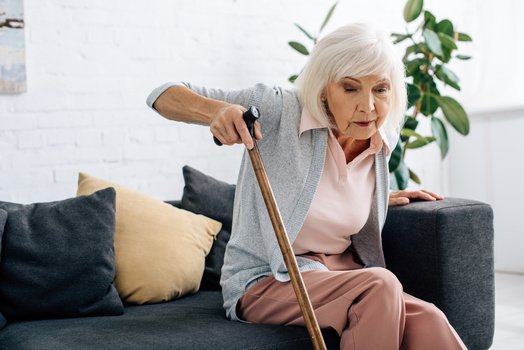
FAQ
1. Why is seasonal home safety important for seniors?
Seasonal home safety is important for seniors because each season brings unique risks that can affect their health and well-being. By addressing these risks, caregivers can prevent accidents and ensure a safe living environment for seniors.
2. How can I help seniors stay safe during the winter?
To help seniors stay safe during the winter, ensure that pathways are cleared of snow and ice, keep their living spaces warm, and monitor their health closely. Encourage them to wear appropriate clothing and provide emotional support as needed.
3. What are some tips for keeping seniors safe during the summer?
During the summer, encourage seniors to stay hydrated, protect themselves from sun exposure, and maintain a cool indoor environment. Remind them to avoid strenuous activities during peak heat hours and to seek shade when outdoors.
For more detailed information on designing safe living spaces for seniors, visit Amica Conversations. Additionally, explore the Front Door Safety, Outlet Covers, and Night Lights for Seniors for additional resources on enhancing safety for seniors.
This article contains affiliate links. We may earn a commission at no extra cost to you.

